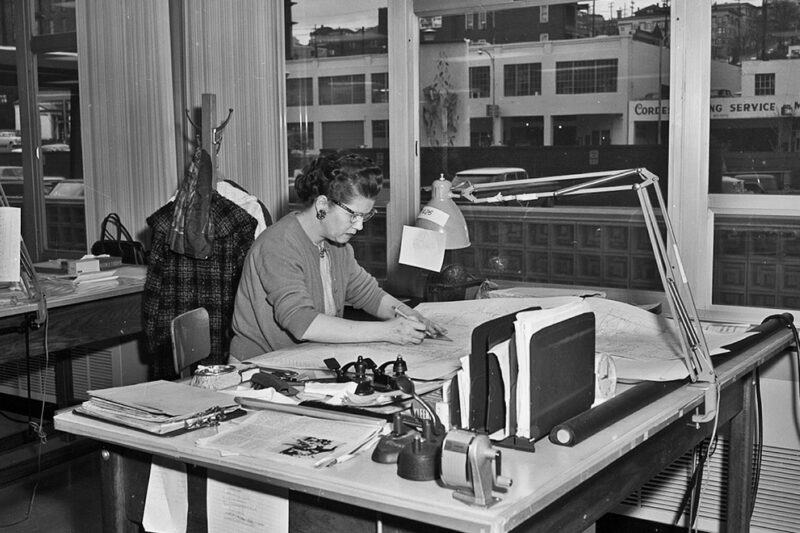The Movement for Basic Nondiscrimination Protections for LGBT Americans Just Took a Big Step Forward


The movement for basic nondiscrimination protections for lesbian, gay, and bisexual Americans just took a big step forward. Gay people all across the country now have a place to turn if an employer fires them because of their sexual orientation. That’s a big deal because explicit protections for lesbians and gay men are almost nonexistent in federal law, and 28 states also lack any explicit state-level protections.
The advance comes from a ruling by the United States Equal Employment Opportunity Commission that employment discrimination based on sexual orientation is a form of sex discrimination, which is outlawed by longstanding federal law. Back in 2012, the EEOC issued a similar ruling that discrimination based on gender identity or expression is also a form of sex discrimination that violates federal law. Both rulings are landmark advances for civil rights. Now anyone, in any part of the country, who works for an employer with 15 or more employees can file a charge of sex discrimination with the EEOC if she is discriminated against because of her sexual orientation or gender identity or expression.
Now that same-sex couples have the freedom to marry nationwide, the LGBT movement has refocused its energy on securing nondiscrimination protections in employment, housing, public accommodations, and education, among other aspects of daily life.
We can create those protections in two ways: Update federal, state, or local laws to explicitly cover LGBT people, or get courts or administrative agencies to recognize that discrimination against LGBT people is a form of sex discrimination, which is already barred in many contexts under federal and state law.
The EEOC ruling significantly advances the sex discrimination path to comprehensive civil rights protections for LGBT people. The next step is for Attorney General Loretta Lynch to follow former Attorney General Eric Holder’s lead and make clear that the Department of Justice interprets the federal ban on sex discrimination in employment to cover sexual orientation discrimination as well. The ACLU has urged the DOJ to do just that.
There are some important limits to the sex discrimination path, however. First, while the EEOC’s interpretation of sex discrimination is now crystal clear, not all courts agree. That should change with time, given how much sense the EEOC’s ruling makes. But the law is still developing and for now private employers do not have to follow the EEOC’s decision in all parts of the country because of the patchwork of protections.
Second, the EEOC’s ruling applies to employment discrimination, but does not directly affect other federal laws banning sex discrimination in housing, education, or credit. And, since there is no federal ban on sex discrimination in federal funding or public accommodations, the sex discrimination path simply can’t get us truly comprehensive nondiscrimination protections at the federal level.
The unsettled legal landscape illustrates the need for congressional nondiscrimination legislation that expressly covers lesbian, gay, bisexual, and transgender people and that also covers the full range of civil rights contexts — not just employment but housing, public accommodations, education, credit, and federal funding as well. Such legislation would not only protect LGBT people from discrimination, but it would also help eliminate uncertainty and confusion for businesses by providing employers and employees alike with one set of clear rules that everyone knows and can follow.
We’ll keep working for those clear protections, but the EEOC ruling is a monumental step forward and provides important protections for millions of LGBT Americans. That’s something to celebrate!

